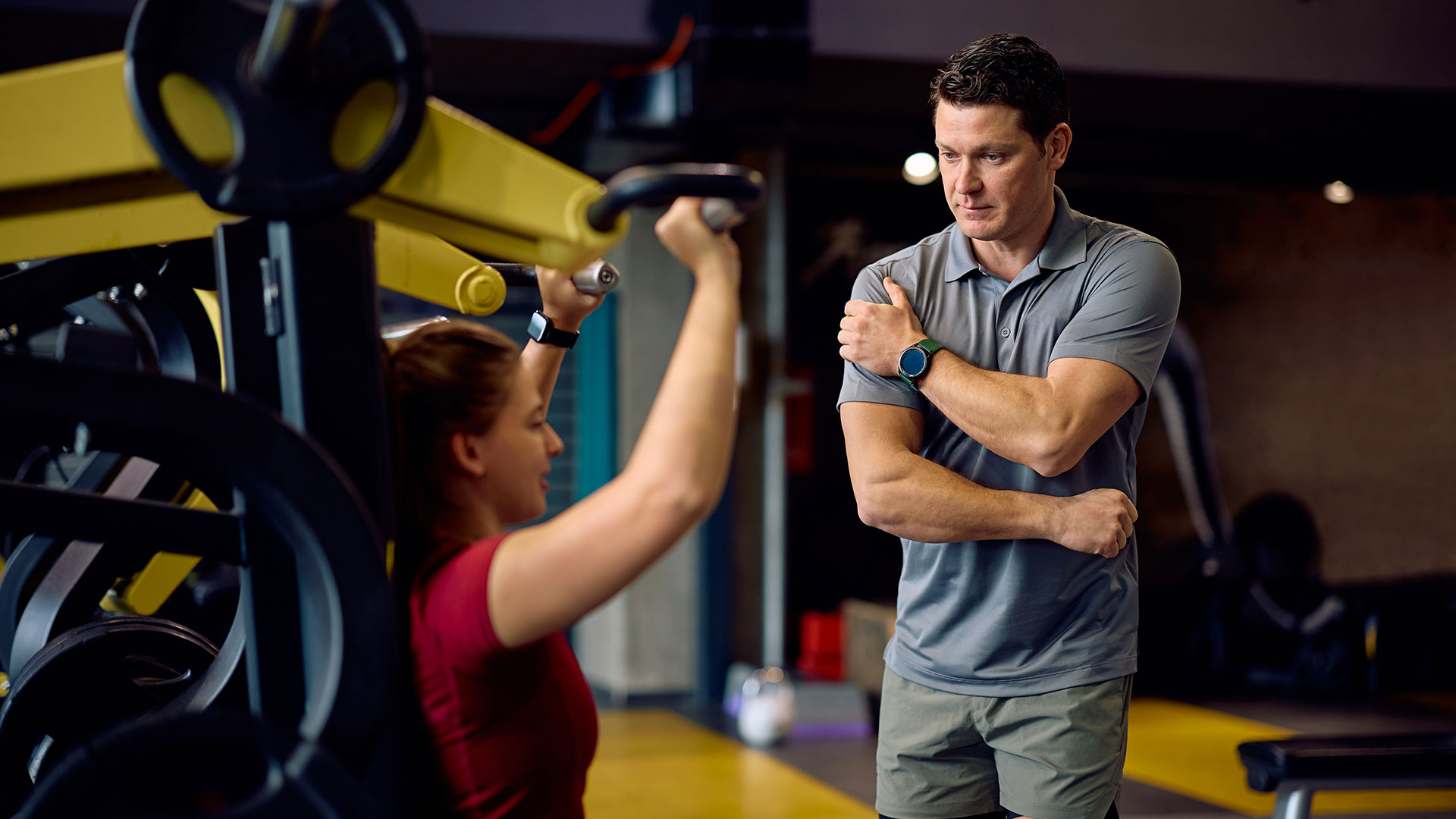Fitness coaching has always been about guidance, motivation, and accountability. Traditionally, people turned to personal trainers for structured workouts and expert advice. But in today’s digital era, a new approach is reshaping the landscape: smart fitness coaching powered by artificial intelligence and advanced technology.
FitTech.Guru stands at the heart of this transformation, offering personalized, data-driven coaching that rivals and in some ways surpasses traditional methods. But how does AI vs personal trainer really compare? And what does the rise of virtual workout coaching mean for the future of fitness?
The Strengths of Traditional Personal Training
Personal trainers have long been the gold standard for fitness guidance. They bring expertise in anatomy, physiology, and program design. Some advantages of working with a trainer include:
-
Real-time feedback on form and technique.
-
Motivation and accountability from face-to-face interactions.
-
Adaptable programs tailored to individual goals.
-
Human empathy that builds trust and rapport.
However, traditional training also has its limitations: it’s often expensive, requires scheduling around availability, and may not always be accessible for beginners who feel intimidated in gym settings.
What Makes Smart Fitness Coaching Different
Smart fitness coaching combines the best aspects of personal training with the scalability and precision of modern technology. FitTech, for example, uses AI fitness technology to Analyze your body, posture and muscle balance. This means users have a coach who has a more in-depth understanding of their body and doesn’t use generic, clichéd training programs. As your body grows, the coach’s workouts change and adapt to new conditions, something even the best coaches struggle to achieve consistently.
FitTech vs. Personal Trainers: A Direct Comparison
| Feature | Traditional Training | FitTech Smart Coaching |
| Cost | High hourly/session fees | Affordable subscription |
| Accessibility | Limited to trainer’s location & schedule | 24/7, anywhere with your phone |
| Personalization | Based on trainer’s knowledge & observation | AI-driven, data-based insights |
| Feedback | In-person, but limited outside sessions | Continuous, adaptive, real-time |
| Scalability | One trainer per client | Unlimited users, personalized for all |
Both approaches have value, but FitTech brings coaching into everyday life, not just the gym.
The Role of Virtual Workout Coaching
Virtual workout coaching is not just a pandemic-era trend. it’s the new normal. With apps like FitTech, users can:
-
Train at home or in the gym.
-
Receive corrective guidance for posture and form.
-
Get nutrition and recovery recommendations alongside training.
-
Stay consistent through reminders, and progress tracking.
For beginners, this creates a low-barrier entry point: no intimidation, no scheduling conflicts, and no guesswork.
Why FitTech Represents the Future of Fitness
The rise of fitness technology is not about replacing trainers. it’s about making expert-level guidance accessible to more people. FitTech’s model of smart fitness coaching offers:
-
Personalized training at scale, every user gets a unique plan.
-
Injury prevention through posture correction and detailed instructions.
-
Data-driven motivation, turning progress into visible results.
-
Affordability, opening doors for those who could never hire a trainer.
By blending AI precision with human-centered design, FitTech creates a coaching experience that feels personal, reliable, and sustainable.
Conclusion
The debate of AI vs personal trainer isn’t about who wins, it’s about how the two can coexist. Traditional trainers bring human connection and deep expertise, while FitTech delivers accessibility, real-time insights, and continuous support.
As virtual workout coaching becomes the standard, smart fitness trainer like FitTech will empower millions to train smarter, safer, and more effectively. The future of fitness isn’t just about working out, it’s about working out intelligently.
FitTech: Your Body, Your Coach.



